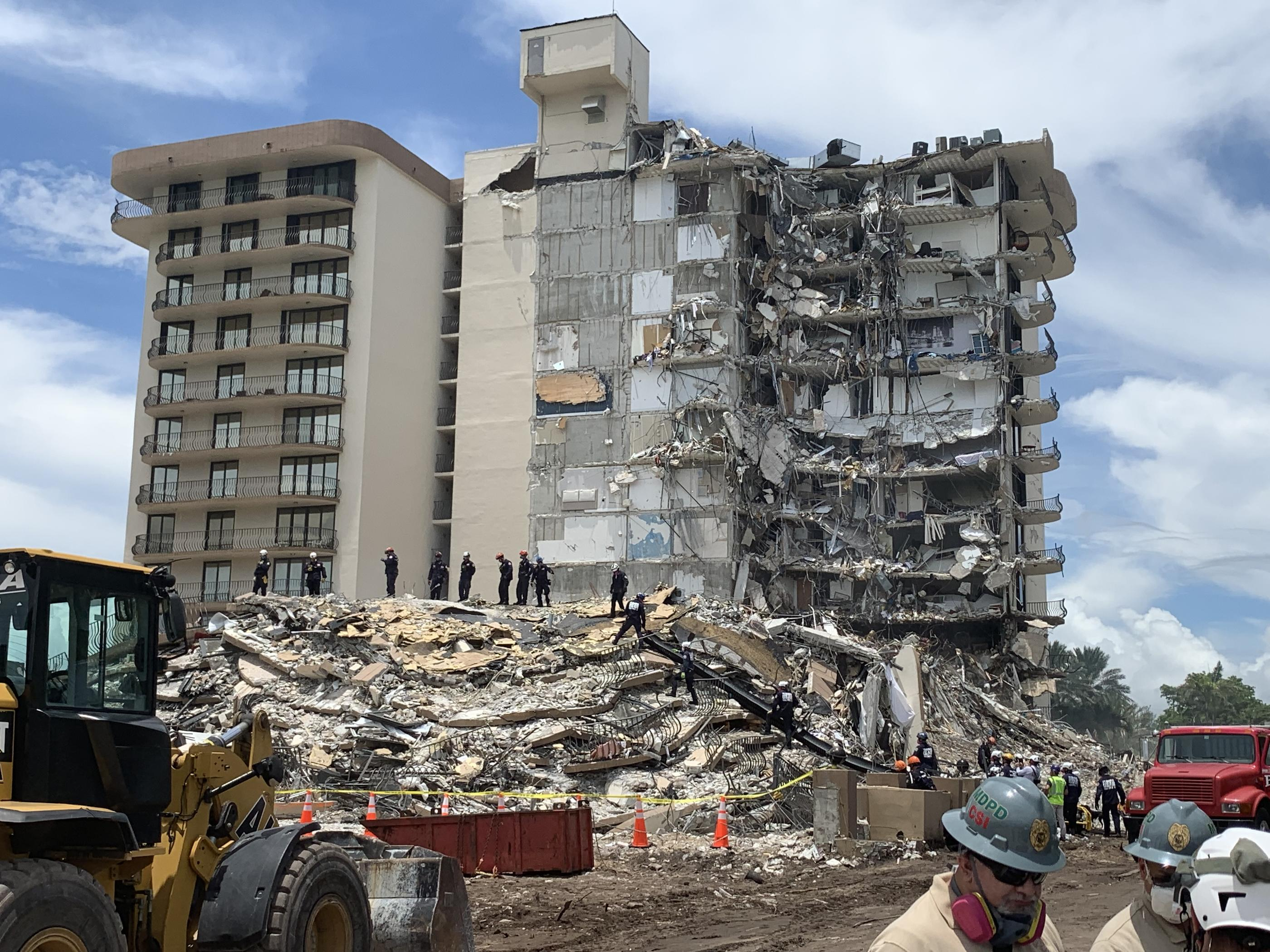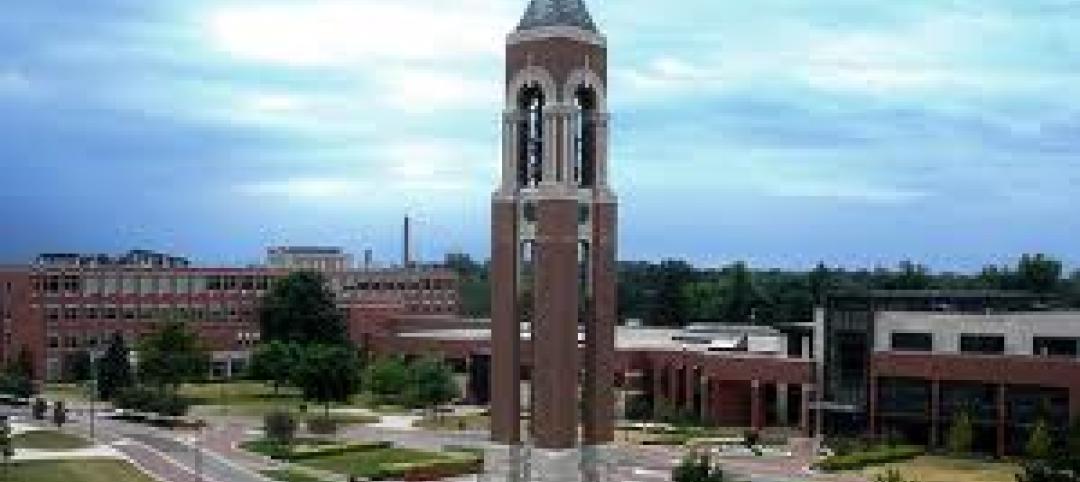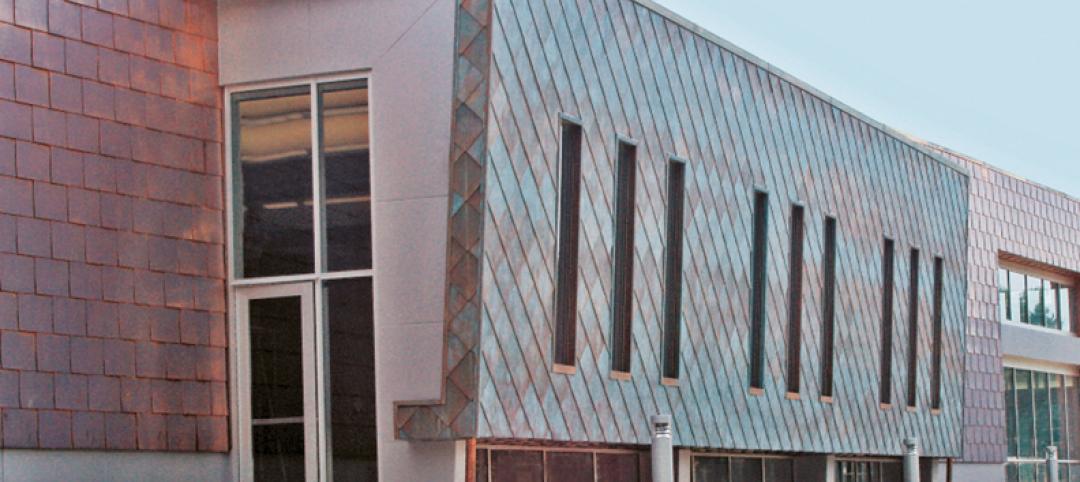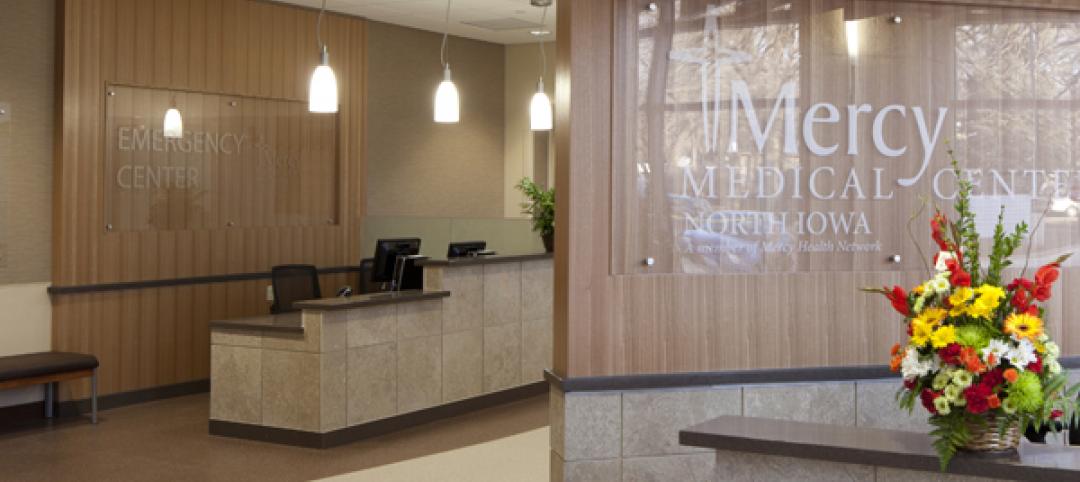Investigators from the National Institute of Standards and Technology (NIST) say they have found no evidence of underground voids on the site of the Champlain Towers South collapse, according to a new NIST report.
The team of investigators have studied the site’s subsurface conditions to determine if sinkholes or excessive settling of the pile foundations might have caused the collapse. They have found no such evidence to support that potential cause.
Preliminary evaluation of data indicates about one quarter of an inch or less of settling in the pile foundations supporting the pool deck structure and basement. This would have had minimal impact on the pool deck structure, NIST says.
“Understanding exactly what caused this collapse is taking meticulous investigation and the collection of copious amounts of evidence and information,” said Joannie Chin, director of NIST’s Engineering Laboratory. “Our team members are dedicated to unraveling the complexities of this tragic event, and their rigorous research and analysis will not only help us understand the likely technical cause of the collapse but will improve the safety of our communities.”
The team’s preliminary evaluation of physical and historical evidence found that the pool deck construction deviated from design requirements. Specifically, the number of slab reinforcing bars centered over vertical columns was inadequate, and the reinforcing bars in the top of the slab in the vicinity of the columns were spaced farther apart than the design required, according to investigators. These deviations weakened the slab-column connections, they said.
NIST expects technical work on the investigation to be substantially completed in late June 2024 and aims to release a report with findings and recommendations in late June 2025.
Related Stories
| Mar 26, 2012
Ball State University completes nation's largest ground-source geothermal system
Ball State's geothermal system will replace four aging coal-fired boilers to provide renewable power that will heat and cool 47 university buildings, representing 5.5-million-sf on the 660-acre campus.
| Mar 22, 2012
Hawaiian architecture firm chooses FRP trellis system over traditional materials
MGA Architecture plans to add five more trellis systems on the neighboring building.
| Mar 22, 2012
Moline Public Library uses copper as an exterior building material
Architects incorporate decorative copper panels to create the look of a heavy plate copper shingle.
| Mar 21, 2012
10 common data center surprises
Technologies and best practices provide path for better preparation.
| Mar 21, 2012
ABI remains positive for fourth straight month
Highest spike in inquiries for new projects since 2007.
| Mar 21, 2012
Iowa’s Mercy Medical Center’s new Emergency Department constructed using Lean design
New Emergency Department features a "racetrack" design with a central nurses' station encircled by 19 private patient examination rooms and 2 trauma treatment rooms.
| Mar 21, 2012
Clary, Hendrickson named regional directors for HDR Architecture
New directors will be responsible for expanding and strengthening the firm throughout the central region.
| Mar 20, 2012
FMI releases 2012 first quarter construction outlook
The last time construction put in place was at this level was 2000-2001.
| Mar 20, 2012
Ceco Building Systems names Romans marketing director
Romans joins Ceco Building Systems with over 15 years in marketing and customer service.
| Mar 20, 2012
UT Arlington launches David Dillon Center for Texas Architecture
Symposium about Texas architecture planned for April.

















